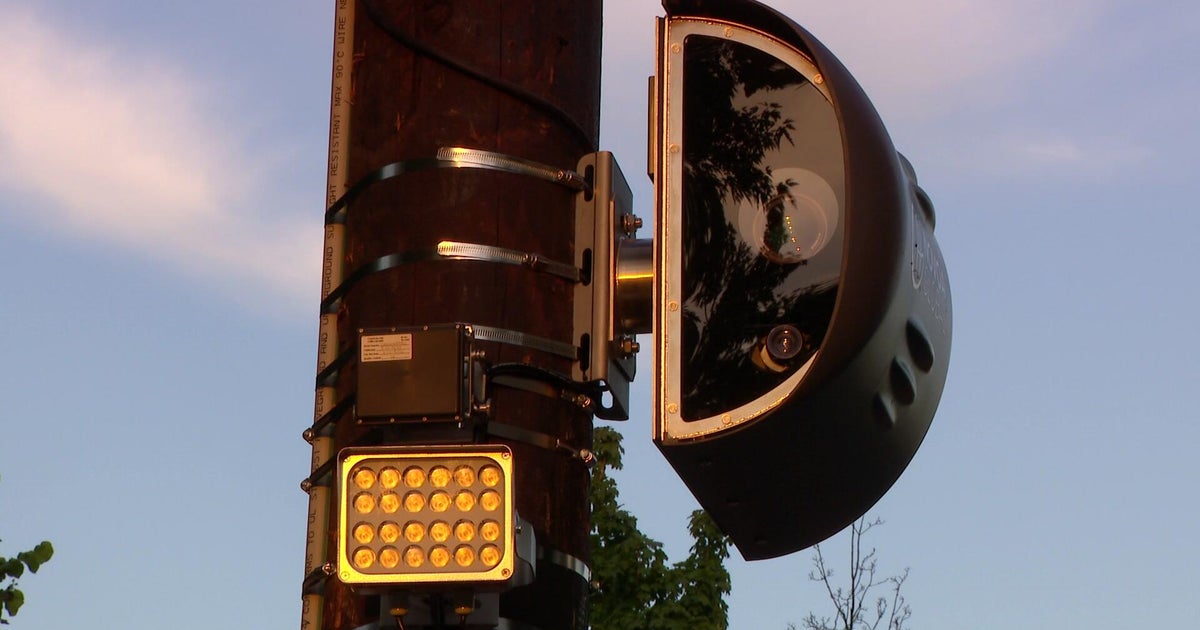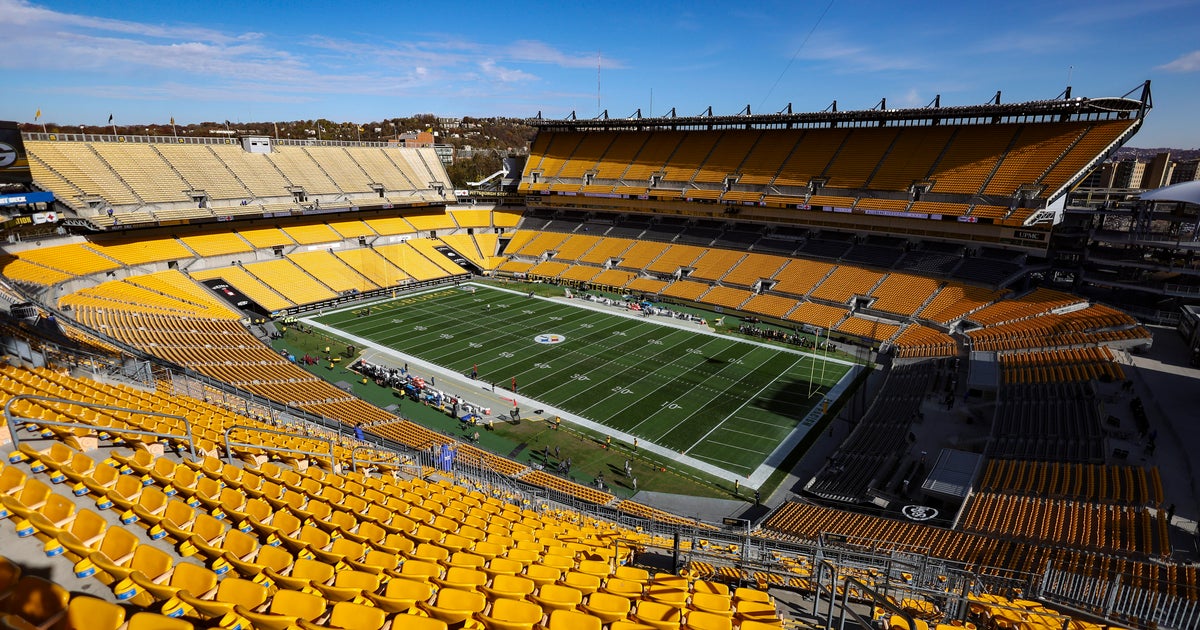Good Question: Why Is Pro Football Played On Sundays?
MINNEAPOLIS (WCCO) -- This week, several WCCO viewers emailed asking, "Wouldn't it be great to have the Super Bowl on a Saturday?" In its 50 years, that's never happened and the NFL has said it doesn't anticipate switching game day from Sunday.
So how did that tradition start? Why is pro football played on Sunday? Good Question.
Professional football, as we know it today, started in 1920 when the American Professional Football Association (APFA) was created. At the time, college football was played on Saturdays and was already popular.
"Pro football couldn't hope to compete with college," Michael MacCambridge, author of America's Game: The Epic Story of How Pro Football Captured a Nation, said.
Sunday was a free day during a decade where it was common to work on Saturdays, so the APFA played most of their games on that day. Fast forward 30 years to the advent of television networks, who were desperately looking for programming on Sundays in the 1950s.
"No one wanted to be on that time," Richard Crepeau, author of NFL Football: A History of America's New National Pastime, said. "The NFL could offer them live reality television on a Sunday afternoon."
In 1961, Congress passed one of the few sports-specific statutes in its history. The Sports Broadcasting Act of 1961 allowed certain broadcasting agreements among major professional sports. Within the law was a provision that essentially banned the NFL from broadcasting its games on Friday nights and Saturdays during the fall.
"The colleges and high schools were a little leery of having the NFL on television on Friday and Saturday," Crepeau said.
The NFL does hold some Saturday games starting in mid-to-late December, in addition to the current line-up on Monday and Thursday Night Football.
But, as for whether the NFL would ever move the Super Bowl to a Saturday, MacCambridge thinks that likely wouldn't happen. He said the idea of adding another week to the regular season has been floated around the NFL. That would push the Super Bowl back one week to fall on President's Day weekend, where many Americans already have that Monday off.
"Then, that solves everyone's problems," MacCambridge said.







